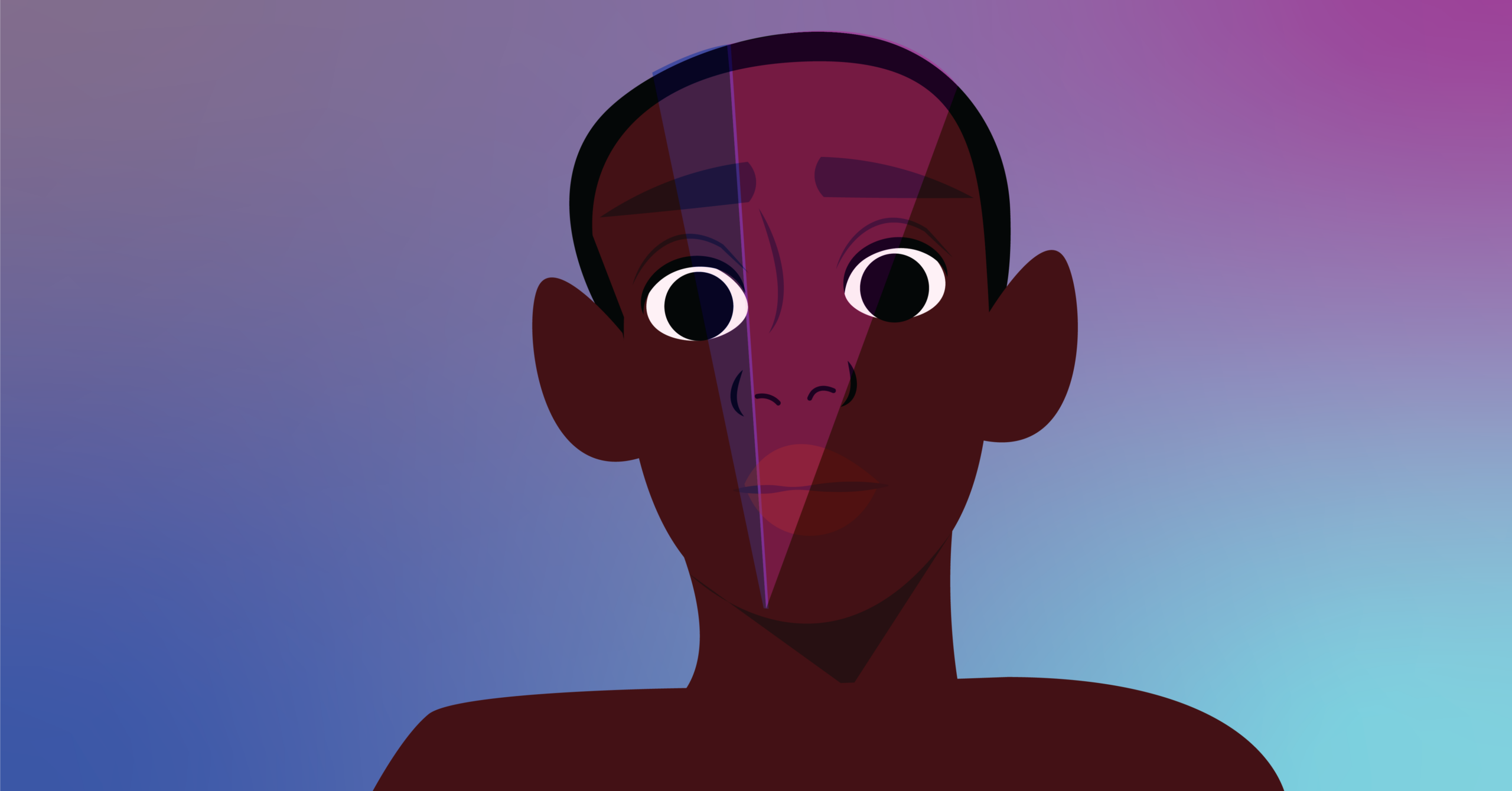How the film Moonlight explores “the Queer”
How the Global North’s preconceived notions about Queerness serve to maintain hegemony.
When I was little, I remember going to Nigeria and feeling terrified while walking through the marketplace. It was the first time I had met with so many non-able-bodied people. In retrospect, I realize seeing so many unique and different people challenged my perception of what I considered normal, inciting my fear response. Many of these ideas of normalcy have been established by the Global North, and it is these same ideas that continue to perpetuate stigmas and intolerance amongst groups viewed as degenerative. Looking at the movie Moonlight (2016) can shed light on how the Global North’s ideas about queer identity can aid and abet the marginalization of Queer people, which ultimately serves to maintain hegemony—or the social influence exerted by a dominant group.
Moonlight is a coming-of-age film that explores how notions of “the Queer” in one’s community often lead to the marginalization of those who subscribe to said identity, ultimately serving to maintain hegemony. In the film, the exploration of the character Chiron gives us a lens into queerness. He represents queerness as an identity and as a practice. His practice does not fall in line with societal normalcy; however, we see the negative response his practice draws from his community. At the beginning of the film, Chiron is chased by bullies who hurl homophobic slurs at him. Their behaviour is a result of perceptions surrounding how boys who exist outside a heteronormative context must be demonized and punished.
Chiron’s behaviour threatens what these children understand as being normal, and as a result, he is punished for it. This scene represents the marginalization of queer-presenting individuals at the community level. Even for characters written as more understanding and open-minded, their ideas of “the Queer” highlight the hegemonic influence society has over our perceptions of right and wrong. For instance, in Act I of Moonlight, Chiron visits Juan and Theresa’s home, where Chiron questions if he is gay. Juan’s reply is hesitant, but he emphasizes that Chiron does not need to know yet. His response is seemingly unharmful, but the truth of the matter is that he would not have responded that way if Chiron asked if he was straight. The hesitancy and dismissiveness in Juan’s reply highlight the degenerative, or non-normative, nature Chiron seemingly possesses. Juan’s belief that Chiron should worry about his identity in the future appears to be an effort to keep Chiron in proximity to normalcy in the present for as long as he can.
Another instance of marginalization, and by extension hegemony in the community, is present when one of Chiron’s dope dealers questions the girls he’s been seeing. The dealer’s question represents the binary that many people believe sexuality exists under. This binary idea of sexuality, stemming from the Global North, promotes hegemony as it persists to readily single out gay men by assuming that they all behave flamboyantly. If more people were to accept the multiplicity within the queer community, it would disrupt the process by which society ostracizes those who behave differently. The homonormative idea behind how all gay people should behave in part may serve to exacerbate Chiron’s identity crises.
Moonlight also explores how isolated and lonely Queer persons of colour (POC) feel in their communities because of the ideologies of the Global North. As a result of the Global North’s rejection of Queer as normative, Queer POC who are already left out of many social circles are also rejected by their communities. This isolation makes it increasingly difficult to find solidarity amongst those like you. Without organization from the collective against marginalization and oppression, nothing changes, and hegemony is maintained. Chiron’s choice of behaviour highlights Queerness as both a practice and an identity. Despite not formally labelling himself as Queer, he displays his Queerness when he shares a moment of intimacy on the beach with a friend named Kevin.
The presence of binaries serves only to marginalize those who do not fit within that context. Chiron’s experience with bullies comes mostly from school, showing how institutions are complicit in the marginalization by upholding harmful Global North ideas of what it means to be queer.
At school, Chiron faces bullying from his classmate Terrell. Terrel and his friends constantly harass Chiron, abusing him emotionally and physically because of the way he dresses and its indications of his sexuality. Terrell at one point compels Chiron’s friend Kevin to fight him, which has psychological repercussions on Chiron for the rest of his life. The treatment Chiron experiences at school highlights the impact of institutional betrayal, where the power structures at school are complicit in his bullying through failure to actively teach about Queerness.
Moonlight delves into how community and Northern institutional ideas on non-normative sexual desires serve to marginalize Queer people and maintain hegemony. Chiron’s strife with bullies at school and the harmful notions of heteronormativity from his community explore the impacts these ideologies have on queer POC. The film’s exploration of the multiplicity of queerness and queer identity through Chiron’s response to his treatment emphasizes the need for nuance in the film medium as it relates to the exploration of queer characters.

